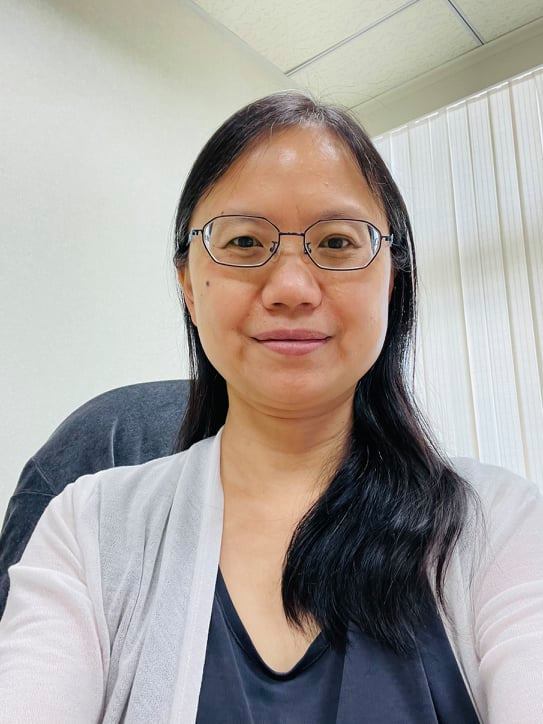|
Research interests:
My laboratory is interested in studying how cells decide to differentiate into specialized cells with distinct functions. This process, call cell fate determination, is critical for embryonic development and adult tissue homeostasis. We study cell fate determination in the context of whole animal, the powerful genetic model organism fruit fly Drosophila melanogaster, combined with molecular, cellular and confocal microscopic approaches.
There are two major topics in the lab: (1) the roles of nuclear actin in differentiation of sensory organ precursors (SOPs), the neural precursors of Drosophila peripheral sensory organs. Actin, the major components of cytoskeleton, has recently been demonstrated to play important roles in several basic nuclear processes such as RNA polymerase-mediated transcription, chromatin remodeling, and RNA processing. By combining biochemical and molecular analyses in culture cells as well as genetic and functional analysis in Drosophila, we show that nuclear actin is required for neural precursor differentiation by acting as transcriptional co-factor of bHLH neurogeneic proteins Achaetae and Scute. In the future, we would like to study how the specific association between nuclear actin and Achaetae/Scute is achieved, and how nuclear actin levels might be regulated during neurogenesis and development.
The second topic in the lab is to study the roles of protein degradation and cell signaling in self-renewal and differentiation of male germline stem cells (GSCs), the adult stem cells that produce gametes throughout the reproductive life of male animals. Our study has shown that BMP signaling, the key regulators of GSC self-renewal, is downregulated as male gonads develop. The downregulation is mediated by the ubiquitin E3 ligase Smurf to control the numbers of GSCs as well as the transit-amplifying cells, the differentiating daughter cells of the GSCs. In the future, we will focus on the regulation of GSC self-renewal and differentiation as well as BMP signaling in GSCs by the stem cell microenvironment.
|
|
Publications (* Corresponding author):
- Yi Chieh Chang, Hsin Tu, Bo-Wen Xu, To-Wei Huang, Haiwei Pi* (2020)
Upregulated TNF/Eiger signaling mediates stem cell recovery and tissue homeostasis during nutrient resupply in Drosophila testis. Scientific Reports, 10:11674
- Kun-Yang Lin, Wen-Der Wang, Chi-Hung Lin, Elham Rastegari, Yu-Han Su, Yu-Tzu Chang, Yung-Feng Liao, Yi-Chieh Chang, Haiwei Pi, Bo-Yi Yu, Shu-Hwa Chen, Chung-Yen Lin, Mei-Yeh Lu, Tsu-Yi Su, Fei-Yang Tzou, Chih-Chiang Chan & Hwei-Jan Hsu* (2020) Piwi reduction in the aged niche eliminates
germline stem cells via Toll-GSK3 signaling. Nature Communications, 11:3147
- Yi Chieh Chang, Hsin Tu, Jing-Yi Chen, Ching-Chin Chang, Shu Yuan Yang, Haiwei Pi* (2019) Reproduction disrupts stem cell homeostasis in testes of aged male Drosophila via an induced microenvironment. PLoS Genetics, 15 (7): e1008062.
This paper is highlighted by an accompanying Perspective article “Irreversible effects of youthful choices in aged adults” in PLoS Genetics.
- Yang SY*, Chang YC, Wan YH, Whitworth C, Baxter EM, Primus S, Pi H, Van Doren M*. (2017). Control of a Novel Spermatocyte-Promoting Factor by the Male Germline Sex Determination Factor PHF7 of Drosophila melanogaster. GENETICS, 206(4),1939-1949.
- Chien-Hsiang Wang, Yi-Chun Huang, Pei-Yi Chen, Ying-Ju Cheng, Hsiu-Hua Kao, Haiwei Pi, Cheng-Ting Chien (2017). USP5/Leon deubiquitinase confines postsynaptic growth by maintaining ubiquitin homeostasis through Ubiquilin. eLife, 10(6),e26886.
|


